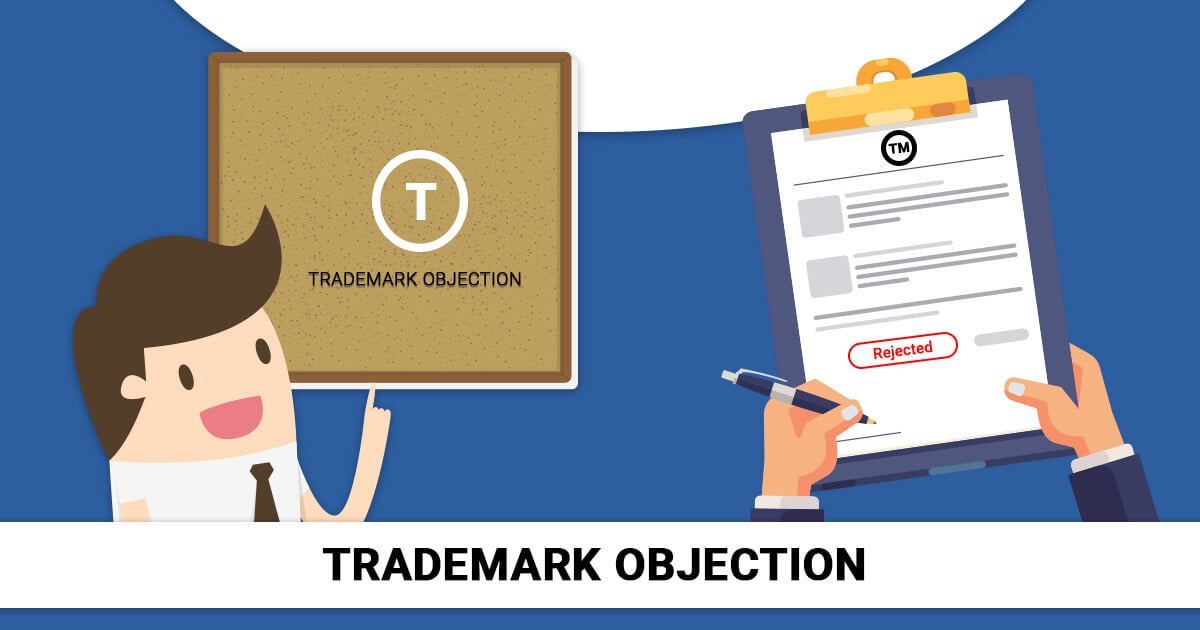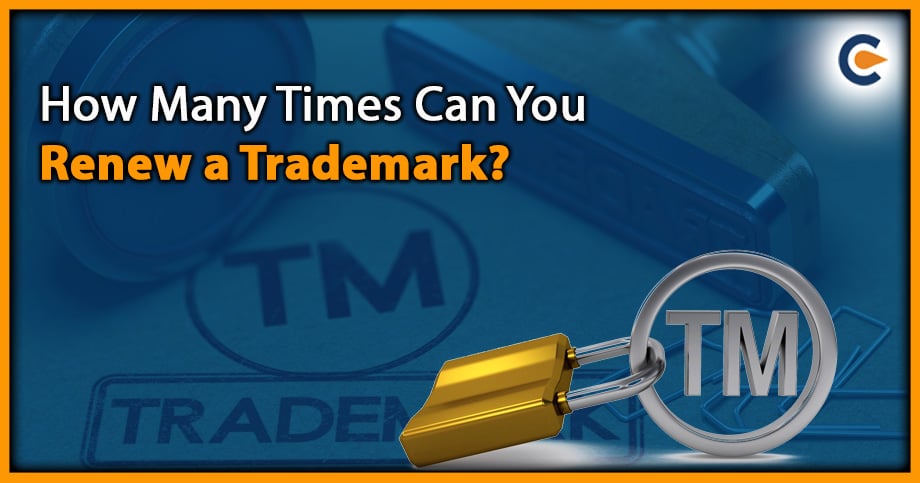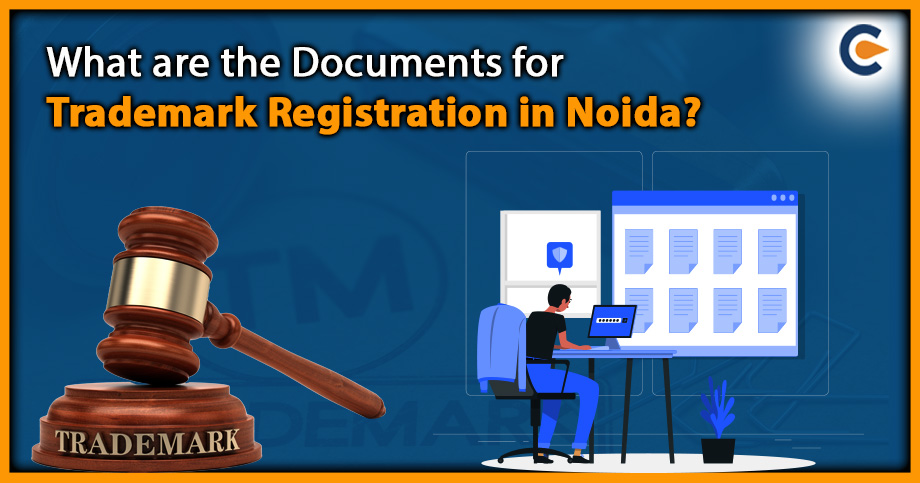Companies and enterprises usually use logo, design and specific set of words to give unique recognition to the products so that they can protect their brand name from being imitated. The marks that these companies use for their business are known as a trademark. With the help of trademark, consumers can easily identify the brand, quality and origin of the product. Also, every organisation must have a unique identification so that it can stand out of the crowd and establish an exceptional individuality in the market. To have the trademark registration, you need to apply for the trademark to the registrar of the trademarks. But there are chances that your application for trademark may be rejected on the grounds of several reasons. This blog will guide you through the way how one can overcome the trademark objection.
What is a Trademark and Which Act Govern the Trademark Registration?
Trademark is a kind of intellectual property that consists of a logo, design, expressions and recognizable signs that distinguish it from their competitors or counterparts. The Trademark Act, 1999[1] governs the trademark laws including registration, protection and punishment.
What is Trademark Objection?
When an applicant applies for the Trademark registration, the examiner goes through the application form for verifying the authenticity of the trademark. In case, the trademark examiner objects to the application due to some reasons, the registrar will ask for valid reasons to prove your point. It is usually the third party who opposes to the registration of the trademark.
Grounds on which a Trademark can be objected:


Use of Misleading marks or symbols
Deceptive marks are those marks which create confusion among the public and misleads them. If the trademark examiner feels that the trademark can misguide the public in terms of its use, nature or quality, then he can raise an objection. Furthermore, the applicant can apply for exemption of goods and services by filing TM-16.
Lacking Discreteness
If any trademark creates a dilemma in the eyes of the consumer and does not help them in identifying the goods or services, then an objection can arise.
Existence of an Indistinguishable trademark
When your trade is identical to an already registered trademark, then an objection can arise. The owner must check the trademark database before finalising the trademark so that you can form a unique trademark.
For example: If someone wants to register the brand name as Sir Leathers, then there is a high chance of rejection as it represents the brand name Sri Leathers.
False Identification of Goods or Services
If the proposed trademark depicts a piece of incorrect information about the product rather than the original information, then it may be objected by the trademark examiner.
An obscene word used in the trademark
The Trademark examiner may reject any trademark containing obscene and offensive words or images as it may hurt the sentiments of a particular religion or community.
Read our article:Overall Trademark Registration in India: Current Development
What are the key reasons for the Trademark Objection?
Whatever be the application form, you need to fill it very properly. An application needs to be perfect and without any errors or false information. Any incorrect information like the wrong name of the applicant may lead to trademark objection.
Incorrect details in the Trademark Form
Any wrong information related to the applicant name, principal place or any other information may lead to the objection of the trademark.
Filing the wrong trademark form
Despite being very attentive while filling the form, the applicant may fill inappropriate information. Then, in that case, there is more chance of trademark objection by the trademark examiner.
How to respond to a Trademark Objection?
When any objection arises, the applicant will receive a notice about the grievance and the grounds of objection.
- At first, you need to file a statement within two months from the date of receiving the notice of objection. In case you are unable to file a grievance within two months, then the status of your application will be considered as rejected.
- After raising the counter-statement to the objection, the trademark registrar will call for a hearing between the two parties. Here the two parties mean the owner of the trademark and another party is the trademark registrar. If the trademark owner rules in favour of the applicant, the trademark will be registered, and in case anything goes in favour of the opposing party, the trademark authority will remove the trademark form the journal and the application will be rejected.
- Now, after the rejection of the application, the applicant will file an appeal to the Intellectual Property Appellate Board (IPAB). The applicant needs to file the appeal within three months from the date of the order passed by the Trademark registrar.
In case, the applicant has filed for the appeal after the completion of 3 months, he/she has to state the reason for the delay. If the IPAB finds the reason genuine, then the appeal will be posted for further hearing.
- The applicant has to file according to the rules prescribed in the Trademark Rules. According to the Trademark Rules, two cases arise:
- If the applicant has applied for the registration of a trademark for only one class, then he/she has to use the Form-2 according to the trademark rules. The fee for filing is INR 5000.
- If the applicant has applied for the registration of a trademark for more than one class, then the applicant has to file the Form-3 — the fee for filing in this case in INR 10,000.
- The Deputy Registrar of the Trademark authority will endorse every application on the date when the application is presented. In case, the Deputy Registrar finds any discrepancy in the application, then he/she will send the notice for the same.
- After receiving the notice from the Deputy Registrar, the applicant needs to resubmit the application within two months from the date of receiving the notice.
- In case, the applicant is unable to remove the discrepancy; the Deputy Registrar will reject the application.
- Furthermore, if the applicant is unable to find the error, then the Deputy Registrar will register then case and will allot a serial number.
- After the case is registered, the IPAB will hear the case, and the place of the hearing will be decided as per the jurisdiction under which the case falls. A date will be finalized for the hearing, and the IPAB will further probe into the matter.
- On the day of the hearing, if one party fails to present themselves on the day of the hearing
- The IPAB will give an ex parte order. It means that the IPAB will give the judgment in favour of the party who is present during the hearing.
- The IPAB will give the decision in favour of the strong party or else
- The IPAB will dismiss the case.
- If the case is dismissed or the IPAB has given an Ex parte order, then the applicant will have to file a petition against the earlier order within a period of 30 days.
- Again, the case will be heard, and the IPAB will give the final verdict.
- After the announcement of the final verdict by the Court, the applicant has still the option to file an appeal to the Corresponding High Court in case the applicant is discontented with the decision. Furthermore, the applicant can also visit the Supreme Court of India if he/she is not satisfied with the decision of the High Court.
Documents Required for Trademark Objection Reply
- Power of Attorney
- A basic Form to fill
Conclusion
To conclude, one can say that filing a trademark application is a tedious task and requires a lot of attention. Deciding a trademark for your business is the first step that companies follow while commencing their business. To avoid the trademark objection, it is a wise to hire a lawyer at the beginning of the trademark registration procedure to avoid the objections in your trademark which in turn will save your time, money and brand.
Read our article:How Can You Apply For Online Trademark Registration in India?











